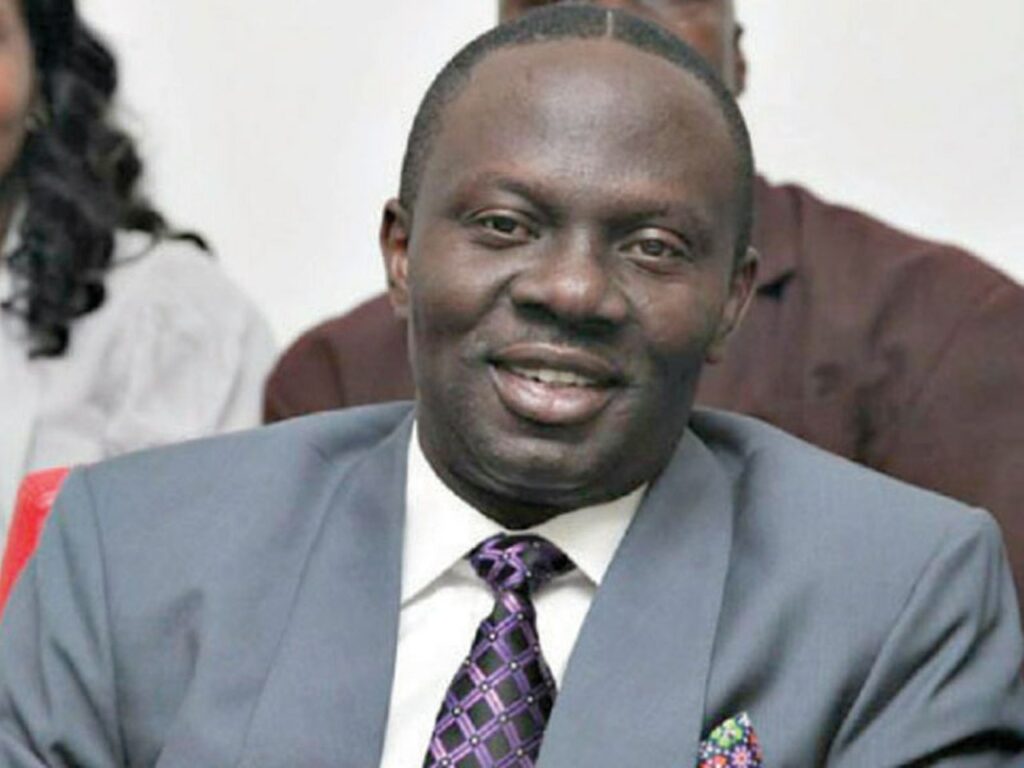zainabsule@yahoo.com,www.zainabokino.blogspot.com
In the 2017 budget, a total of N139.3 Billion and N63.8 Billion out of N7.44 Trillion were budgeted for ministries of defence and interior respectively. Both ministries form the bulk of security apparatus; whereas the ministry of health got only N55.6 Billion and education had N56.7Billion. As imperative as health and education are, security takes precedence over them, understandably because there has to be guaranteed security of lives and property before education or even health can thrive. However despite spending colossal amount of money year in, year out in this sector, our lives as Nigerians remain in the grip of fear; fear on the roads, in work places, in our houses and in our neighborhoods, partly due to the misapplication of funds.
These are beside the big threats posed by the Boko Haram insurgency, IPOB, Niger Delta Avengers, kidnapping, herdsmen-farmer clashes. Common CCTVs taken for granted in city capitals elsewhere, have been mired in corruption controversy, so criminals reign supreme in Abuja, where over the years, there are known black spots where people are daily attacked and dispossessed of their belongings, yet neither are there CCTVs to track them, nor are the areas well- illuminated. I had a narrow escape at Bolingo junction the other day, and the thought of the encounter still makes me nervous.
The precursor to huge military spending can be hinged on years of military interregnum which engendered unitary governance structure and totalitarian streak that gave no chance to the civil populace to question anything. That mindset has led us to where we are and where defence spending is shrouded in secrecy in the name of classified information, not wanting to compromise national security or ‘national interest’ and veil corruption in the process. And as some people noted, national security is always an excuse for impunity and where monumental and unimaginable corruption and theft of public funds are perpetrated. This explains why not much headway has been made tackling defence related corruption.
All that may soon be in the past, now that Civil Society Organisations (CSOs) in conjunction with their international partners have begun to scrutinize procurement/expenditures incurred. At a CSO roundtable towards improving public oversight on defence spending organized by Civil Society Legislative Advocacy Centre (CISLAC) and Transparency International recently, the link between security, development and value for money and the propriety of interrogating them came to the fore. Corruption is apparent in the Police and in the military going by the alleged infractions and on-going trials of ex-security chiefs including the trial of the former National Security Adviser, Col Sambo Dasuki who allegedly turned security/defence to slush fund and shared to politicians, while the rank and file died in the battlefield for lack of equipment, munitions and material shortage and welfare concern. Certainly, corruption was and is still apparent in defence procurement contracts. The phenomenon has weakened our internal security and the country’s counter-terrorism capability and has the capacity to destabilise the polity.
A few months ago Transparency International in collaboration with CISLAC produced a 19-page report on Defence Procurement; it was titled “Weaponising Transparency: Defence Procurement Reform as a Counter-Terrorism Strategy in Nigeria. The report chronicled the “unforgivable damage defence corruption has done to the nation’s political stability, counter-terrorism efforts, socio-economic development and well-being of the citizens”. Although the report covers 2011 to 2015, when the Jonathan regime opened the vault for reckless spending in the guise of counter-insurgency, the military as currently constituted rose to the defence of the institution and vociferously criticized the CISLAC/ TI report. It was a hasty knee-jerk approach to an institutional rot with international dimension, because TI’s searchlight is not just beamed on Nigeria; it is working in many other countries to unravel the rot, lack of transparency and accountability in defence/security spending.
Coming back to Nigeria, and as was revealed at the roundtable, 15 Billion USD went unaccounted for between 2010 and 2015. Again in this category, the Air Force was a willing accomplice. Once a pilot was made to fly a dysfunctional helicopters without rotors; the plane crashed and killed him and his crew, yet 137 Million USD was provided for two new Mi-35P helicopters; 7.2 Million USD was provided for four Alpha jets, but the two delivered were unsuitable for deployment. Again, 45 Million USD was spent on aircraft maintenance and N12 Million was paid for contracts that were never executed. It was that bad because money meant to purchase and replace obsolete equipment was embezzled by ogas at the top. In a nutshell, defence corruption cuts across—political, personnel, procurement, finance and operation. Even in deployment of soldiers to the war front, corruption rears its head, because while bogus claims are made, the actual number deployed is less and what is provided for the welfare of combatants is far less than what is declared.
So, if we all admit that defence budget is not transparent, extremely difficult to verify, accountability for improper expenditure is absent and all the fine details are neglected, reforms in the sector is inevitable and it requires the collaboration of all, starting with the military which should drive the change by working with CSOs, and not countermand them each time they (CSOs), TI or any NGO at that, dig into their closets.
Citizen engagement by CSOs, legislative scrutiny including capacity building for proper oversight and advocacy are important steps in the defence/security budget just as we should begin a new phase of scrutinizing ‘security vote’, whose amount and how it is disbursed are determined by the governors alone.
Procurement process should be transparent and open without necessarily compromising national security. The anti-corruption strategy should be from the top to bottom i.e. from the presidency down to the lowest level. The military must wean itself from their ugly past, renew and reengineer itself for the open society where the culture of integrity and transparency will gradually replace the old order.



